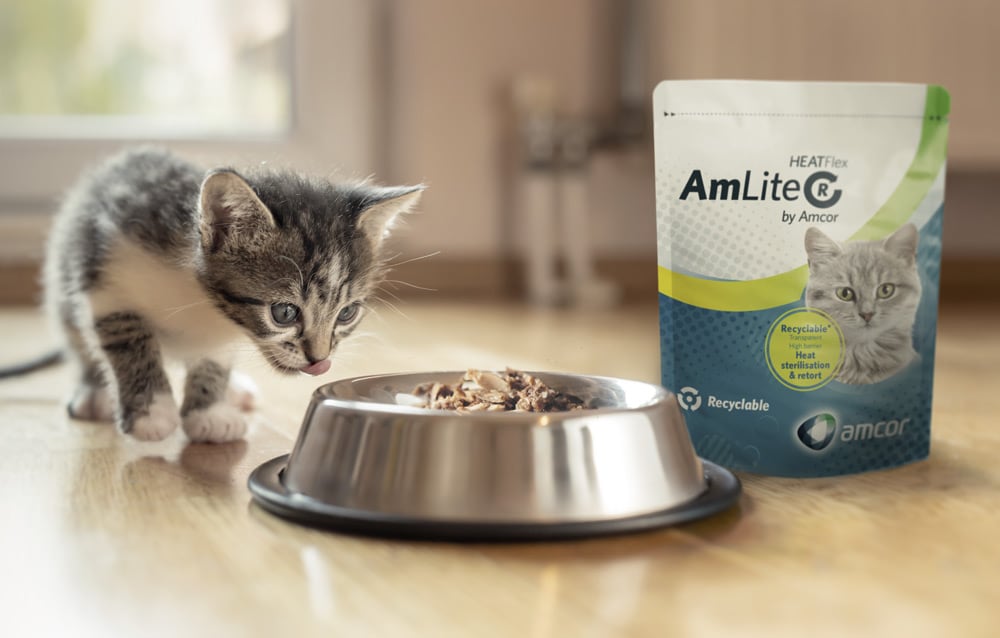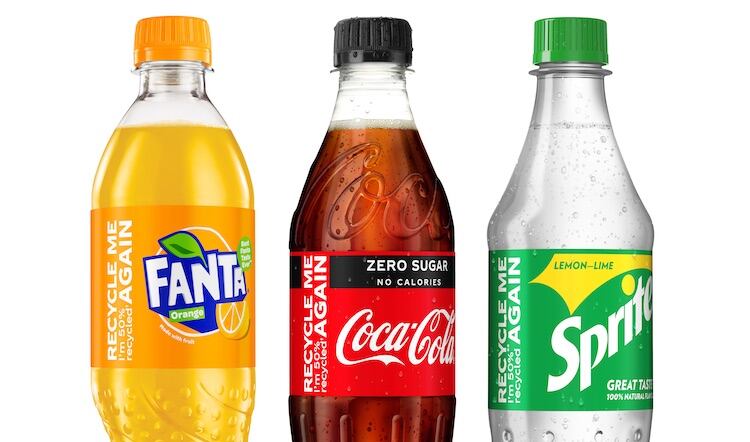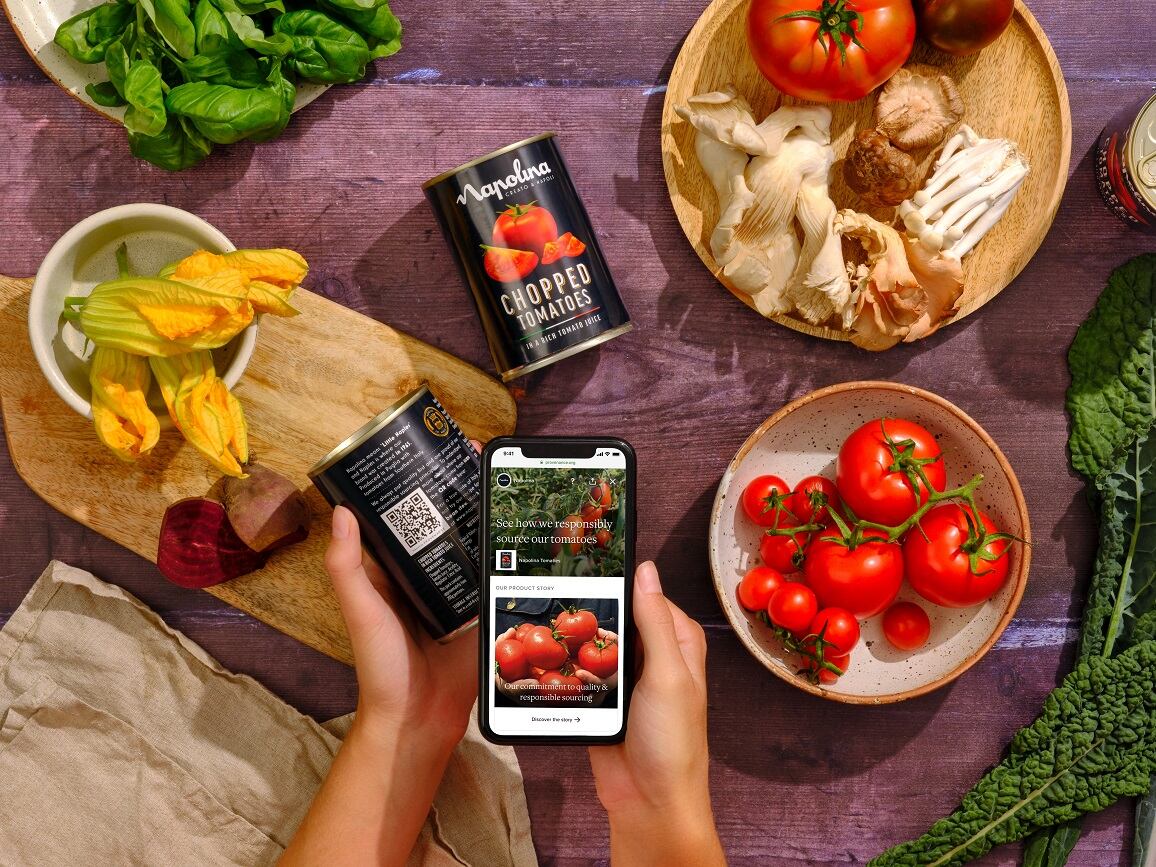Director of sustainability at Amcor Flexibles Europe, Middle East and Africa and Amcor Flexibles Americas Gerald Rebitzer told Food Manufacture the solution had been subject to a “full lifecycle analysis – from cradle to grave”.
It consequently delivered a carbon footprint reduction over the previous format not just via its recyclability, but also throughout the entire supply chain, said Rebitzer. “There’s a 30% saving just with the recyclability – 60% overall.”
Standard retort pouches are made of mixed materials, typically layers of polyethylene terephthalate (PET), aluminium foil, and polypropylene (PP). While high performing, this mixed-material structure is not recyclable.
Amcor said it had worked with Nestlé on the solution for years and had finally delivered firm results. The breakthrough follows the announcement by Nestlé last month of a host of eco-friendly packaging initiatives.
Felix cat food
The high barrier PP pouch, using Amcor’s AmLite HeatFlex Recyclable solution, will first appear this month in Albert Heijn stores in the Netherlands as packaging for some Nestlé Purina’s Felix wet cat food lines. The pack can withstand the pressures of heat-sterilization and provide a reliable barrier to oxygen and bacteria, keeping food safe without refrigeration for a long shelf life.
The pouch meets the packaging guidelines for a circular economy recently published by the CEFLEX Consortium. Project coordinator and workstream consultant for CEFLEX Graham Houlder said: “This is a great example of how – through innovation – companies can solve even the biggest challenges to recyclability. Recyclable retort packaging is a revolutionary advance and will have a huge impact in pet food and beyond.”
The pouch has been independently tested by Institute Cyclos-HTP, which is dedicated to recyclability testing, certification, research and development, and confirmed to be recyclable. It fits collection systems in several European countries, and the list of countries is expected to grow, as plastics recycling streams are being expanded.
The outer cardboard packaging consists of 80% recycled material and is fully recyclable.
Rebitzer said the timescale for the roll-out of the packaging to other products and markets rested with Nestlé and it was too early to detail further development plans.
Packaging taxes
Addressing the issue of the cost-benefit analysis relating to Nestlé and potentially the wider manufacturing community, he said the innovation would help mitigate the impact of anticipated future national taxes on non-green packaging materials.
In 2018, Amcor and Nestlé pledged to develop all their packaging to be recyclable or reusable by 2025, as pioneering members of the Ellen MacArthur Foundation’s New Plastics Economy initiative.
“We have pledged that all our packaging will be recyclable or reusable by 2025,” said business executive officer of Nestlé's pet food business Purina, Antal van Hout.
“Over the past year, we have made great strides: the most recent example is the relaunch of our Beyond pet food product packaging, which is now designed to be recycled.”
In addition to the industry's first in-house packaging study with the Nestlé Institute of Packaging Sciences, Nestlé is investing €1.9bn in creating a circular economy for plastics. It is also reducing the use of virgin plastic in its packaging by a third by 2025.




